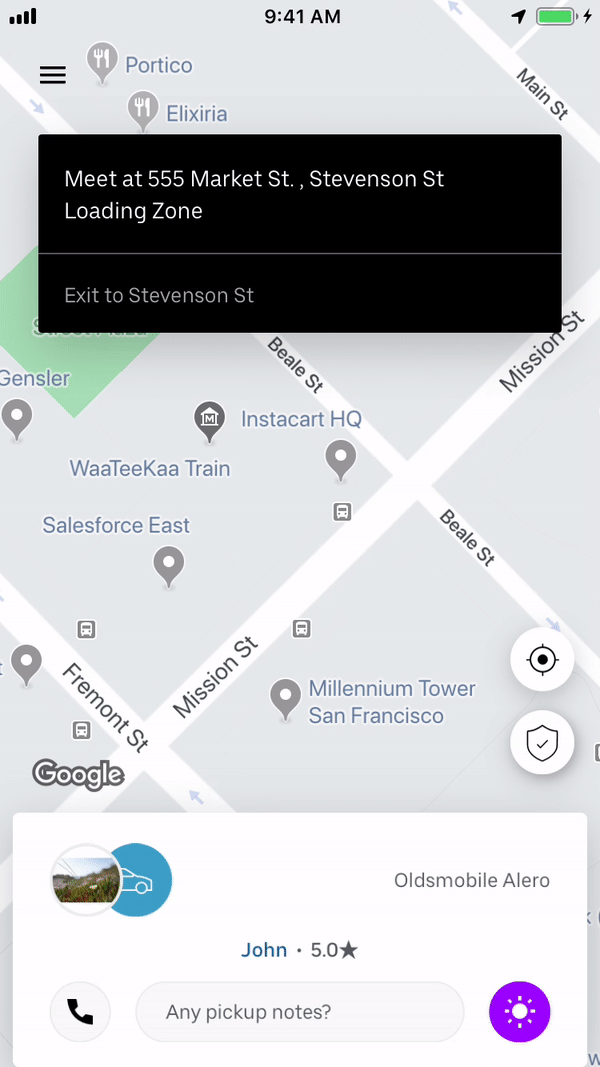Ride-Hailing Platform, Uber has added a new feature that would allow drivers and riders communicate within its app using voice over internet protocol (VoIP).
Uber rolls out new VoIP feature for riders and drivers to communicate through the app https://t.co/vJinAlWKza pic.twitter.com/uP71wMbWJb
— The Verge (@verge) October 19, 2018
According to The Verge, the VoIP feature has been on trial by the ride-hailing company since June. It would be an addition to its already available means of communication which includes: sms text messages, in-app chats and regular phone calls. With this new addition, Uber allows for in-app calls using an internet connection rather than cellular phone services.
Related Post: Uber Introduces New Feature That Will Force Drivers to Rest After 12 Hours of Work
How Does it Work?
Very much like your regular WhatsApp calls, the new Uber VoIP feature would allow Uber riders contact drivers without leaving the app via a call placed with data.


So with the same data used in hailing a ride, one could also contact the driver without having to place a cellular call. This not only provides a cheaper approach to customers but gives Uber an edge over other ride-hailing platforms as new features and other benefits are sure to keep people using the platform.
Related Post: Why Uber May Pull Out of Nigeria, Ghana, Other African Markets
[#POLL]
We're curious! Which of these ride-hailing platforms do you prefer using? #WeAreTechnext #Taxify #Uber— Technext (@technextdotng) October 16, 2018
Product manager for communications at Uber, Gagan Mac explained that in certain markets “data calling is now much cheaper than voice calling.” And as such it is very important for the platform to continue to place itself in position for a global approach.
Related Post: Scary! Uber Drivers Using Fake GPS App to Inflate Rider Fares in Lagos- Quartz Reports
Aside the benefits of using data, the VoIP feature also provides privacy for both ends (rider and drivers) as neither of them has to make use of their personal phone numbers to call the other party.
This feature is said to be globally available right from its announcement yesterday.






